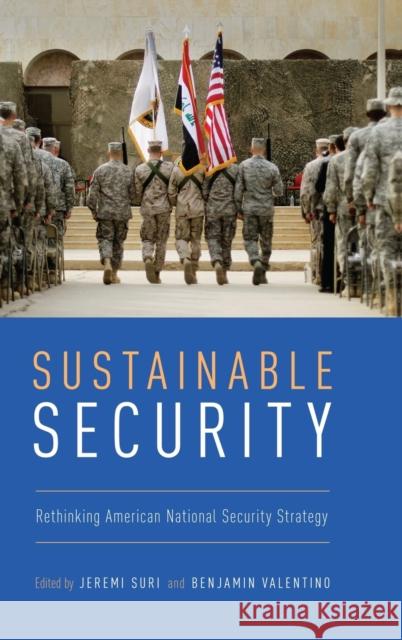Sustainable Security » książka
topmenu
Sustainable Security
ISBN-13: 9780190611477 / Angielski / Twarda / 2012 / 432 str.
As the world shifts away from the unquestioned American hegemony that followed in the wake of the Cold War, the United States is likely to face new kinds of threats and sharper resource constraints than it has in the past. However, the country's alliances, military institutions, and national security strategy have changed little since the Cold War. American foreign and defense policies, therefore, should be assessed for their fitness for achieving sustainable national security amidst the dynamism of the international political economy, changing domestic politics, and even a changing climate.
This book brings together sixteen leading scholars from across political science, history, and political economy to highlight a range of American security considerations that deserve a larger role in both scholarship and strategic decision-making. In these chapters, scholars of political economy and the American defense budget examine the economic engine that underlies U.S. military might and the ways the country deploys these vast (but finite) resources. Historians illuminate how past great powers coped with changing international orders through strategic and institutional innovations. And regional experts assess America's current long-term engagements, from NATO to the chaos of the Middle East to the web of alliances in Asia, deepening understandings that help guard against both costly commitments and short-sighted retrenchments. This interdisciplinary volume sets an agenda for future scholarship that links politics, economics, and history in pursuit of sustainable security for the United States - and greater peace and stability for Americans and non-Americans alike.










